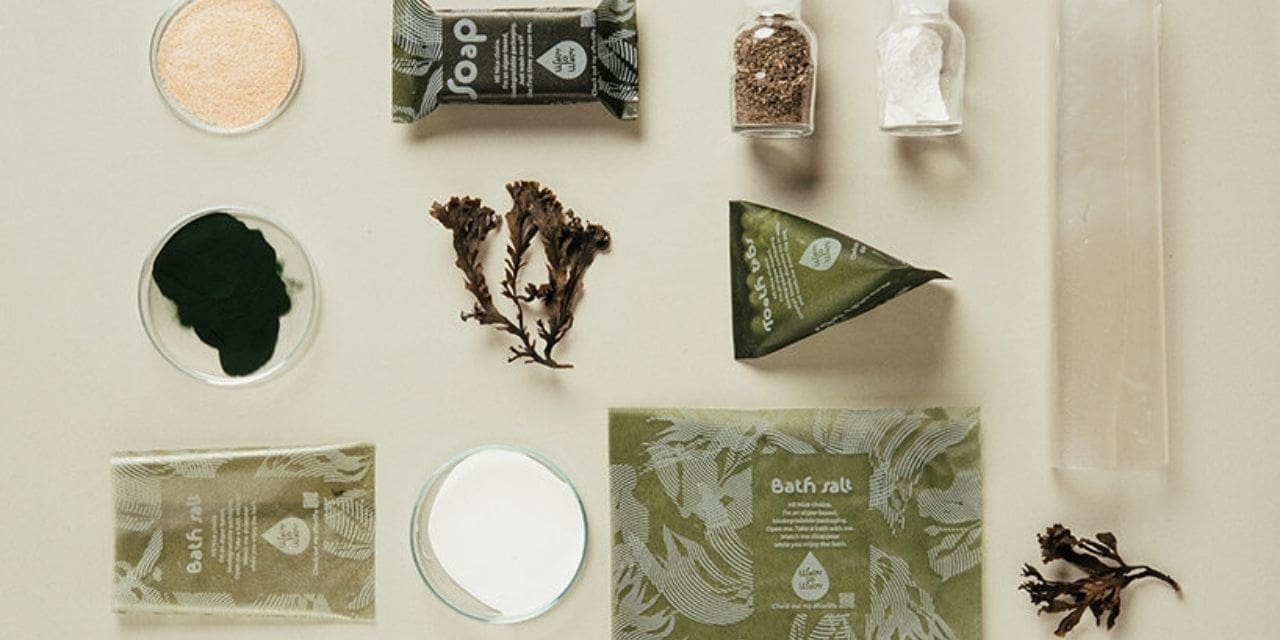The winning projects showcase the best in climate innovation to create a more circular society.
New Delhi, 28 May 2024 — What Design Can Do (WDCD) has announced the eleven winners of the Redesign Everything Challenge, celebrating some of the world’s most creative climate solutions. Initiated in partnership with the IKEA Foundation, the competition now enters an exciting new phase as finalists gain access to a €5.000 award.
Ten eminent authorities in design, climate action, and entrepreneurship, including Sunny Dolat (founder of Nest Collective), René van Geer (co-founder of Secrid), Daniel Freitag (founder of Freitag), and Emy Bensdorp (founder of Claybens), were tasked with choosing the winners.
“The Redesign Everything Challenge winners are good examples of how design can address climate impacts. In addition to offering creative answers to climate-related problems, these initiatives encourage people to rethink what is feasible, says Richard van der Laken, co-founder and creative director of WDCD.”
“The eleven winners of the Redesign Everything Challenge show us how creativity and innovation can drive change that is meaningful and impact-driven. Winning projects showcased everything from how biomaterials can be leveraged to nature-inspired solutions for biodiversity and ecosystem restoration. A special mention for India-based Breath Easy, a sustainable urban ventilation initiative for low-income settlements in Delhi, which impressed the jury by highlighting design’s role for social and climate justice. We need to overhaul, rethink systems and redesign everyday products in order to respond to the local climate emergencies we face across the world”, said Ayush Chauhan, Managing Partner & Co-Founder, Quicksand Design Studio & Unbox Cultural Futures.
The Redesign Everything Challenge was launched in January 2024 to search for some of the world’s most creative climate solutions. Represented in the shortlist of nominees were a wide range of ideas and start-ups, from neighbourhood initiatives to rejuvenate local food systems to solar-powered innovations that support communities in need
Many winning projects that impressed the Jury highlighted design’s role in social and climate justice. We saw this from winners such as Breathe Easy (India), a sustainable urban ventilation initiative for low-income settlements in Delhi, Looop Can (the United Kingdom) a cleaning kit for reusable period pads in water-scarce places, and the Revival (Ghana), a pioneering non-profit fostering sustainability through community-led design, upcycling, and global textile waste initiatives.
Other projects showcased how biomaterials could be leveraged. These projects reimagine traditional materials and processes, offering sustainable alternatives that reduce waste and consumption. This approach can be seen in projects like Celium (Mexico), a revolutionary biomaterial crafted from agro-industrial fruit waste, Electric Skin (France) that reimagines the electronics industry so it’s growable and compostable, Co-Culturing Rituals (the United Kingdom) an innovative project using photosynthetic symbiotic material with potential applications in wound healing, skin repair.

